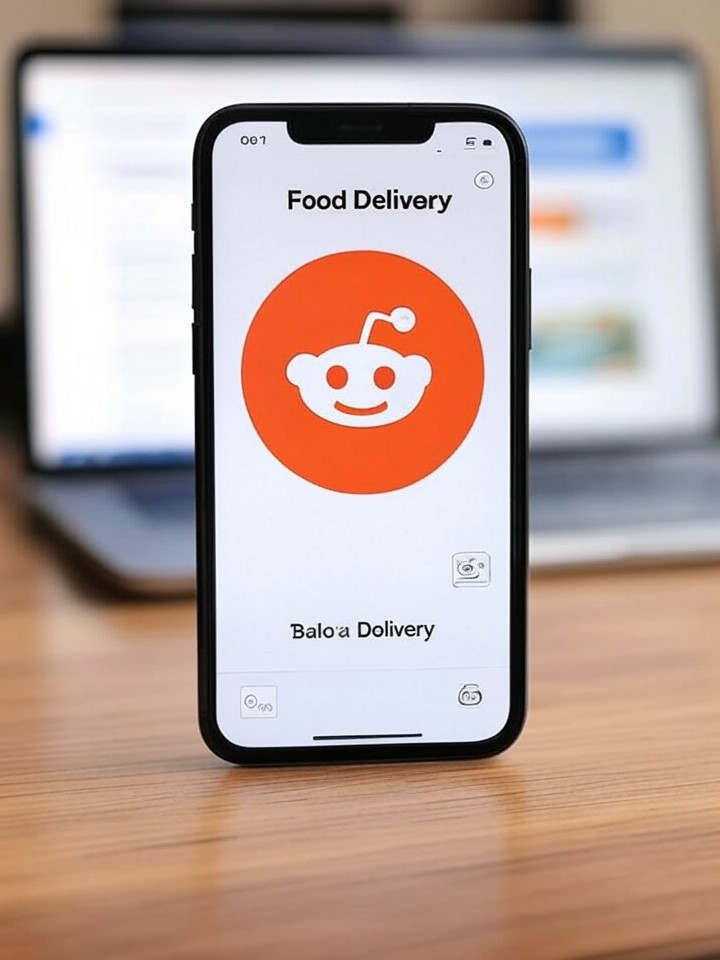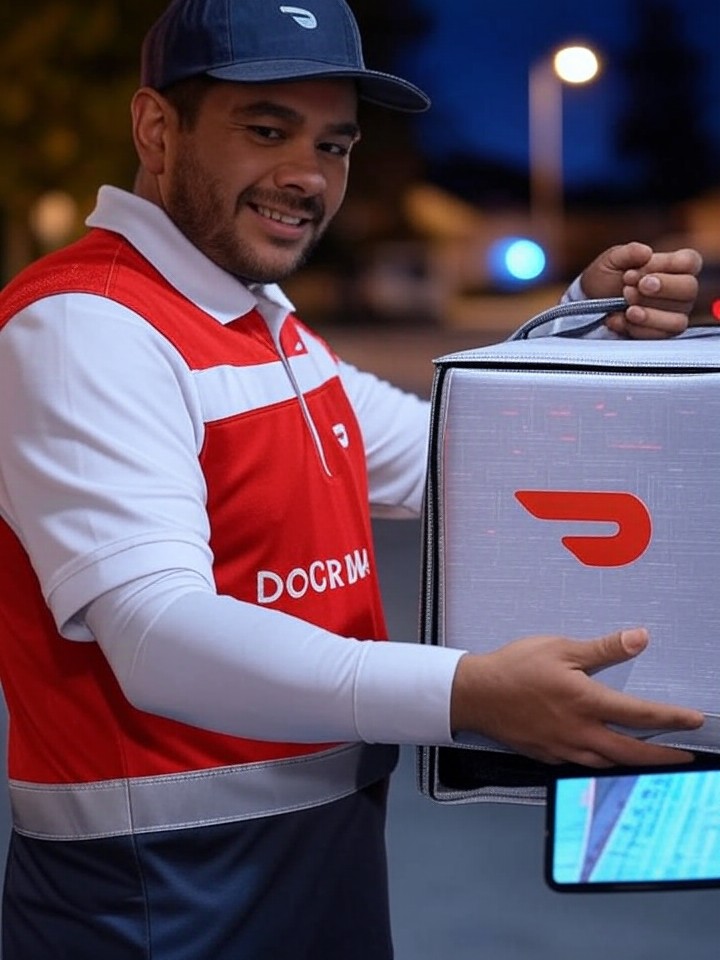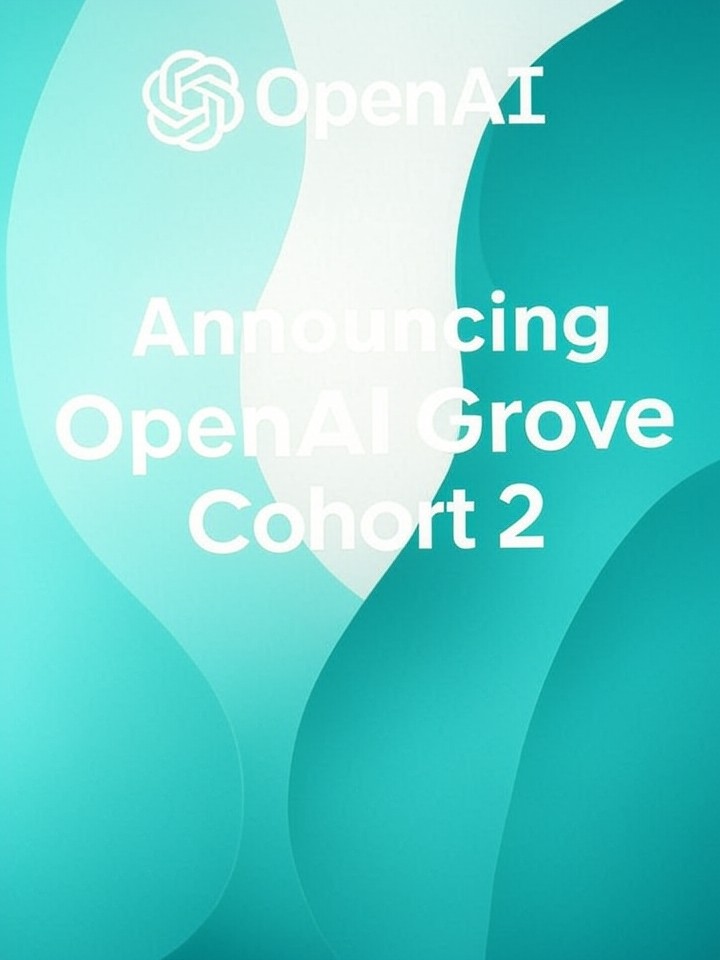Character AI Launches Kid-Friendly Interactive Stories as WhatsApp Tightens Rules on AI Chatbots
As artificial intelligence tools become increasingly integrated into daily life, major platforms are redefining how people, especially children, interact with AI. Two significant moves are making headlines this week: Character AI’s launch of interactive ‘Stories’ designed for kids, and WhatsApp’s new platform policies blocking general-purpose AI chatbots such as Microsoft’s Copilot from using its messaging service.
Character AI Shifts Toward Safe, Story-Based Experiences for Young Audiences
Character AI, known for its sophisticated conversational models that let users chat with digital personalities inspired by famous figures or fictional characters, is taking a bold step to create a safer, more structured environment for children. The company’s new feature, ‘Stories,’ transforms open-ended conversations into guided, interactive narratives tailored specifically for younger users.
Instead of allowing kids to engage in free-form chat that can sometimes veer into unpredictable territory, ‘Stories’ offer a curated experience. Each story presents branching paths where children can make choices that influence the plot’s direction, much like interactive storybooks or role-playing adventures. This structure ensures that AI interactions remain fun, imaginative, and appropriate for various age groups.
How the Interactive Stories Work
The new feature introduces a menu of kid-friendly genres such as fantasy, science fiction, mystery, and adventure. When a child selects a story, the AI narrates the setting, introduces characters, and prompts the reader to decide what happens next. Children can choose paths, solve problems, and uncover multiple endings based on their decisions.
For example, in a story about exploring a magical forest, kids might choose between befriending a talking fox or discovering a hidden treasure under a waterfall. Each decision branches into new scenarios, creating a dynamic, personalized storytelling experience that encourages creativity while maintaining a safe boundary around the content.
Prioritizing Safety and Parental Trust
Character AI’s move toward controlled stories isn’t only about engagement—it’s about safety. Open-ended AI chat for minors has raised concerns over exposure to inappropriate material or unpredictable outputs. By replacing general chat functions with curated narratives, the platform significantly reduces the risks associated with unrestricted AI interactions.
The company has reportedly integrated content filters, parental controls, and transparent moderation systems to align with child safety regulations and educational standards. By focusing on structured storytelling, Character AI aims to balance entertainment, learning, and safety within one platform.
WhatsApp Bans General-Purpose AI Chatbots Like Copilot
While Character AI is moving toward safer interaction models, another major platform is restricting external AI activity altogether. WhatsApp—the world’s most widely used messaging platform—recently updated its platform policies to prohibit general-purpose AI chatbots such as Microsoft’s Copilot, ChatGPT-based bots, and similar services from integrating directly into WhatsApp’s network.
According to updated developer documentation, WhatsApp’s policy changes aim to preserve privacy, prevent misinformation, and maintain consistent user experience. The platform has made clear that only approved automated agents created specifically for customer service or verified business use will be allowed under its guidelines.
Why WhatsApp Is Restricting AI Chatbots
The decision reflects increasing regulatory and ethical concerns over the use of generative AI within private messaging environments. While companies such as Microsoft and OpenAI have built sophisticated assistants capable of text generation, translation, and scheduling, their deployment across encrypted platforms raises potential issues around security, data access, and compliance.
WhatsApp’s parent company, Meta, has been cautious about third-party integrations that could compromise data privacy. By setting stricter barriers, Meta ensures that only AI systems developed in accordance with its internal privacy policies and verified business APIs can function on WhatsApp. This move prevents misuse of AI chatbots that might spam users, disseminate false information, or mine data from personal chat histories.
Impact on Developers and Businesses
For developers, the new rules are significant. Many startups and AI enthusiasts have leveraged WhatsApp as a testing ground for personalized AI assistants. With the latest change, any chatbot that operates as a general-purpose digital companion is now barred from the platform unless specifically approved.
This policy may push small developers toward building their own standalone apps or transitioning to official Meta platforms like Messenger, where sanctioned AI experiments are already underway. Meanwhile, large-scale generative AI providers such as Microsoft will need to adapt their integration strategies to comply with these new standards.
AI Platforms Face a Turning Point
Taken together, the decisions by Character AI and WhatsApp highlight a growing trend in the AI industry: balancing innovation with responsibility. The rapid evolution of conversational AI has created incredible opportunities for learning, entertainment, and productivity—but also introduced risks related to trust, safety, and regulation.
The Push Toward Purpose-Built AI
Both announcements underscore the move toward purpose-built AI systems. Instead of offering universal, open-ended chatbots that can discuss virtually anything, developers are now prioritizing specialized, context-specific interactions. For children, this means AI that teaches or entertains safely. For business users, it means assistants that focus solely on customer service, automation, or data processing.
This trend mirrors broader industry shifts seen in cloud computing and mobile app ecosystems, where systems evolve from being generalist tools into finely tuned solutions for niche audiences. The same logic applies to AI design: contextual relevance now outweighs open-ended flexibility.
Privacy and Data Ethics Take Center Stage
Consumers today demand transparency about how their data is used, especially when interacting with machine learning systems. Platforms such as WhatsApp are responding by tightening access for third-party AI developers to ensure messages, metadata, and personal information remain secure.
Even beyond regulatory compliance, there’s a growing expectation that AI tools prioritize consent, transparency, and explainability. Families using Character AI’s ‘Stories’ can trust that content is appropriate for minors, while WhatsApp users can communicate without fear that their private conversations are being analyzed by unknown chatbots.
What These Changes Mean for the Future of AI Interaction
The moves by Character AI and WhatsApp suggest a maturing phase in the generative AI industry. Early adoption was defined by experimentation and rapid deployment, but the next phase is about structure, ethics, and user trust.
For parents and educators, Character AI’s foray into interactive storytelling presents a promising educational tool. Stories designed around moral lessons, problem-solving, and creativity can complement classroom learning and digital literacy programs. Meanwhile, WhatsApp’s boundaries on chatbot integration emphasize privacy and accountability, aligning the app more closely with global data protection standards.
As AI continues to shape how people communicate, the platforms that succeed will be those that balance innovation with integrity. While Character AI’s pivot introduces play-based storytelling for kids, WhatsApp’s updated policies remind us that privacy and appropriate use remain central to AI’s sustainable future.
Conclusion
In 2024, the AI landscape is evolving rapidly—moving from experimentation toward responsibility. Character AI’s kid-friendly ‘Stories’ initiative and WhatsApp’s restrictions on broad AI chatbots like Copilot reflect a shared commitment to safer, purpose-driven technologies. These developments not only redefine the boundaries of digital interaction but also signal a future where artificial intelligence complements human creativity and communication without compromising ethical standards.
As more companies follow suit, expect to see an AI ecosystem where innovation thrives within well-defined, transparent frameworks. For users, that means smarter tools, safer experiences, and a more trustworthy digital world.











